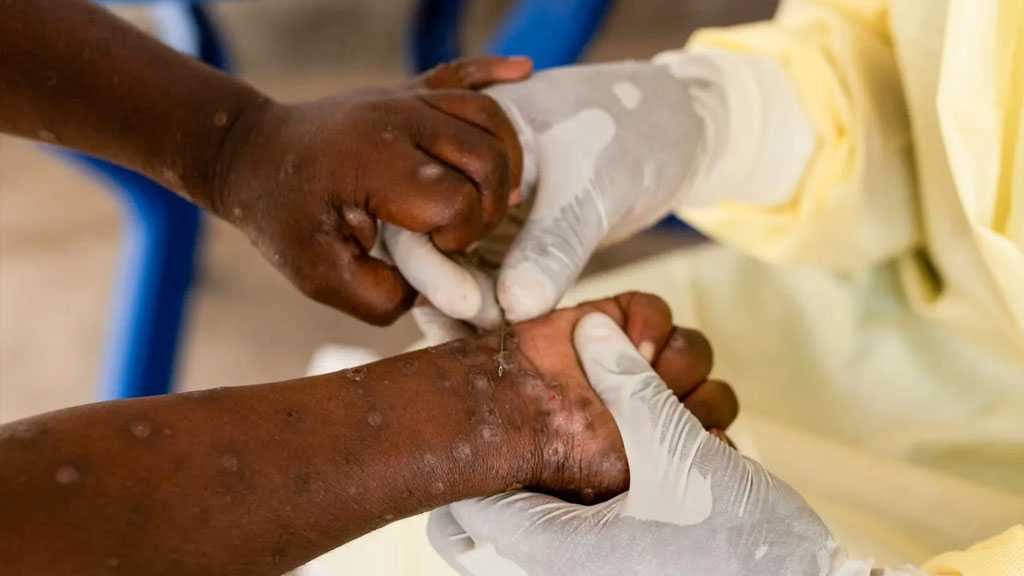
S African Research: Reinfections Three Times More Likely With Omicron

By Staff, Agencies
A preliminary study by South African scientists published Thursday suggests the omicron variant is three times more likely to cause reinfections compared to the delta or beta strains.
The findings, based on data collected by the country's health system, provide the first epidemiological evidence about omicron's ability to evade immunity from prior infection.
The paper was uploaded on a medical preprint server and has not yet been peer-reviewed.
There were 35,670 suspected reinfections among 2.8 million individuals with positive tests until November 27. Cases were considered reinfections if they tested positive 90 days apart.
"Recent reinfections have occurred in individuals whose primary infections occurred across all three waves, with the most having their primary infection in the delta wave," tweeted Juliet Pulliam, director of the South African DSI-NRF Centre of Excellence in Epidemiological Modelling and Analysis.
Pulliam cautioned that the authors did not have information about the individuals' vaccination status and therefore could not assess to what extent omicron evades vaccine-induced immunity. The researchers plan to study this next.
"Data are also urgently needed on disease severity associated with omicron infection, including in individuals with a history of prior infection," she said.
Earlier, top South African scientist Anne von Gottberg, an expert at the National Institute for Communicable Diseases, forecast a surge in cases but said authorities expected vaccines would still be effective against severe outcomes.
"We believe the number of cases will increase exponentially in all provinces of the country," she said in a news conference with the World Health Organization's Africa region.
"We believe that vaccines will still, however, protect against severe disease," she added.
"Vaccines have always held out to protect against serious disease, hospitalizations and death."
Comments
- Related News

Kenya Primary School Fire Kills 17 Students
2 months ago

